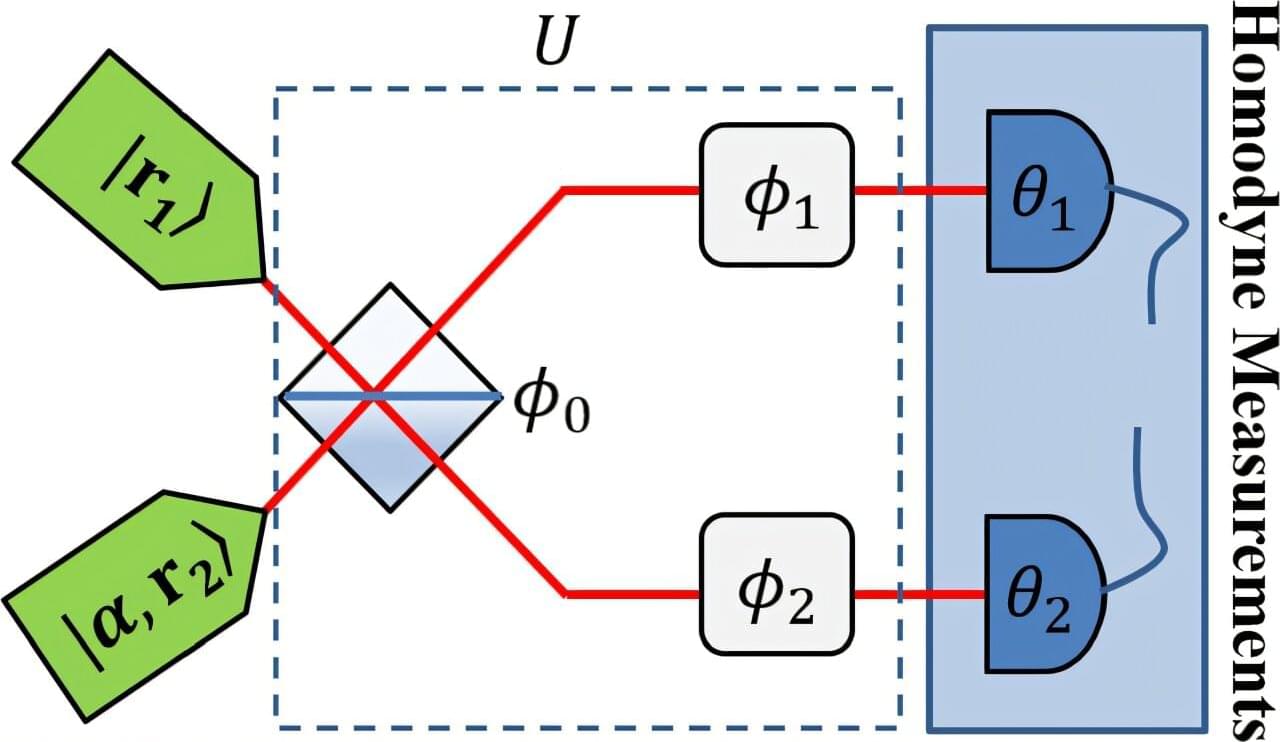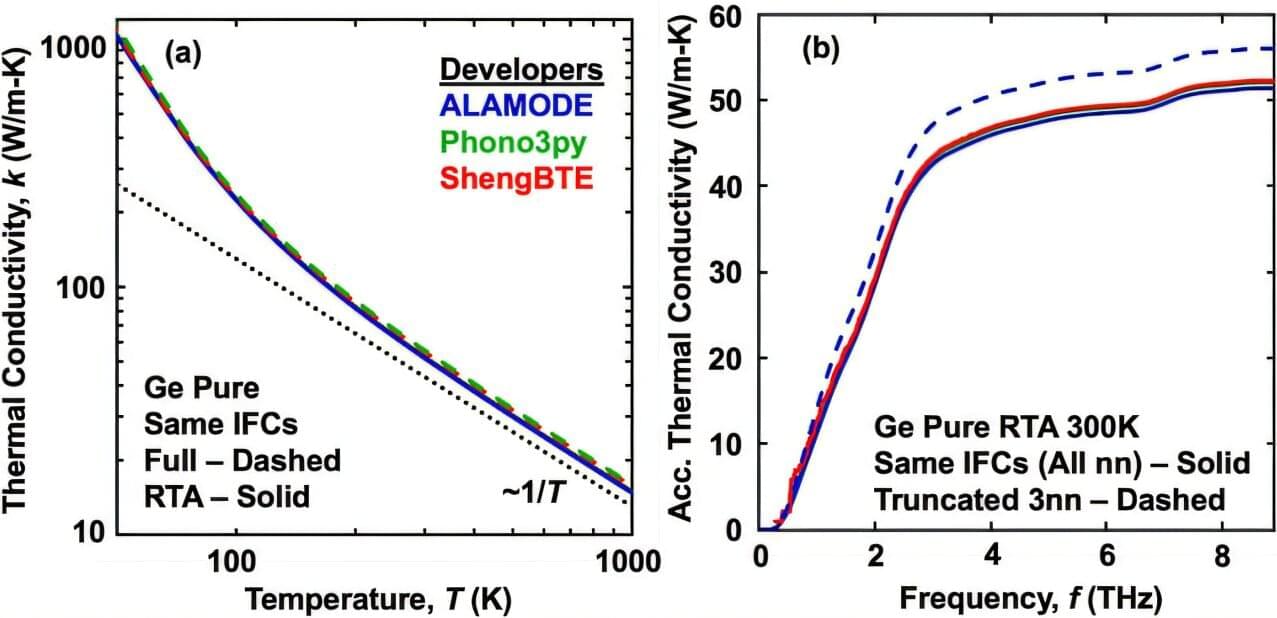Researchers from Stockholm University and the Indian Institute of Science Education and Research (IISER) Mohali have reported a practical way to spot one of physics’ strangest predictions: the Unruh effect, which says that an object speeding up (accelerating) would perceive empty space as faintly warm. But, trying to heat something up by accelerating it unimaginably fast is a nonstarter in the lab. The team has shown how to convert that tiny effect into a clear, timestamped flash of light.
Here’s the simple picture. Imagine a group of atoms between two parallel mirrors. The mirrors can either speed up or slow down light emission from the atoms. When these atoms cooperate, they can emit together like a choir—much louder than solo singers. This collective outburst is called superradiance.
The new study explains how the acceleration-induced warmth of empty space, if experienced by the atoms, quietly nudges them so that the choir’s burst happens earlier than it would for atoms sitting still. That earlier-than-expected flash becomes a clean, easy-to-spot signature of the Unruh effect. The work, co-authored with Kinjalk Lochan and Sandeep K. Goyal of IISER Mohali, is now published in Physical Review Letters.









